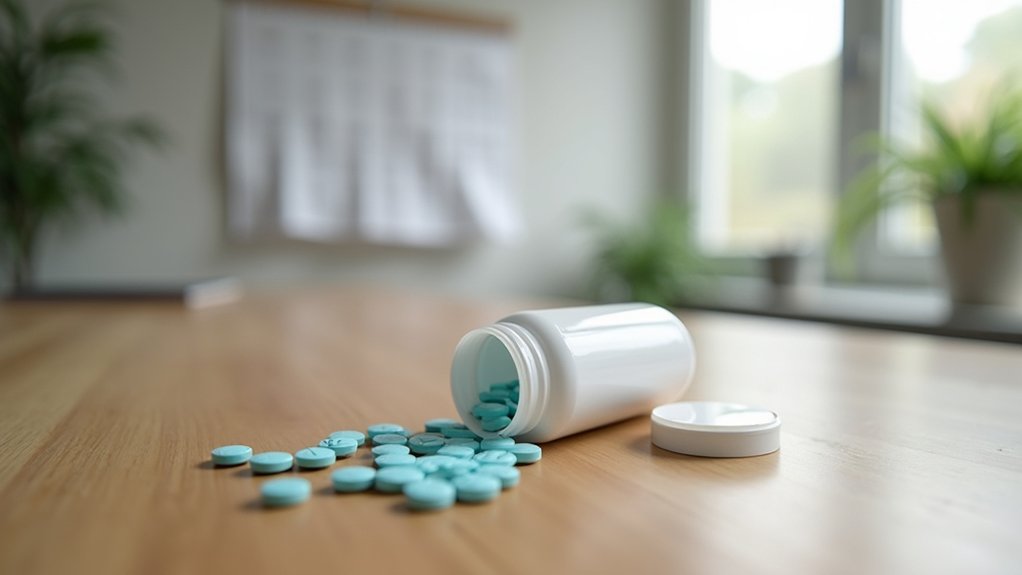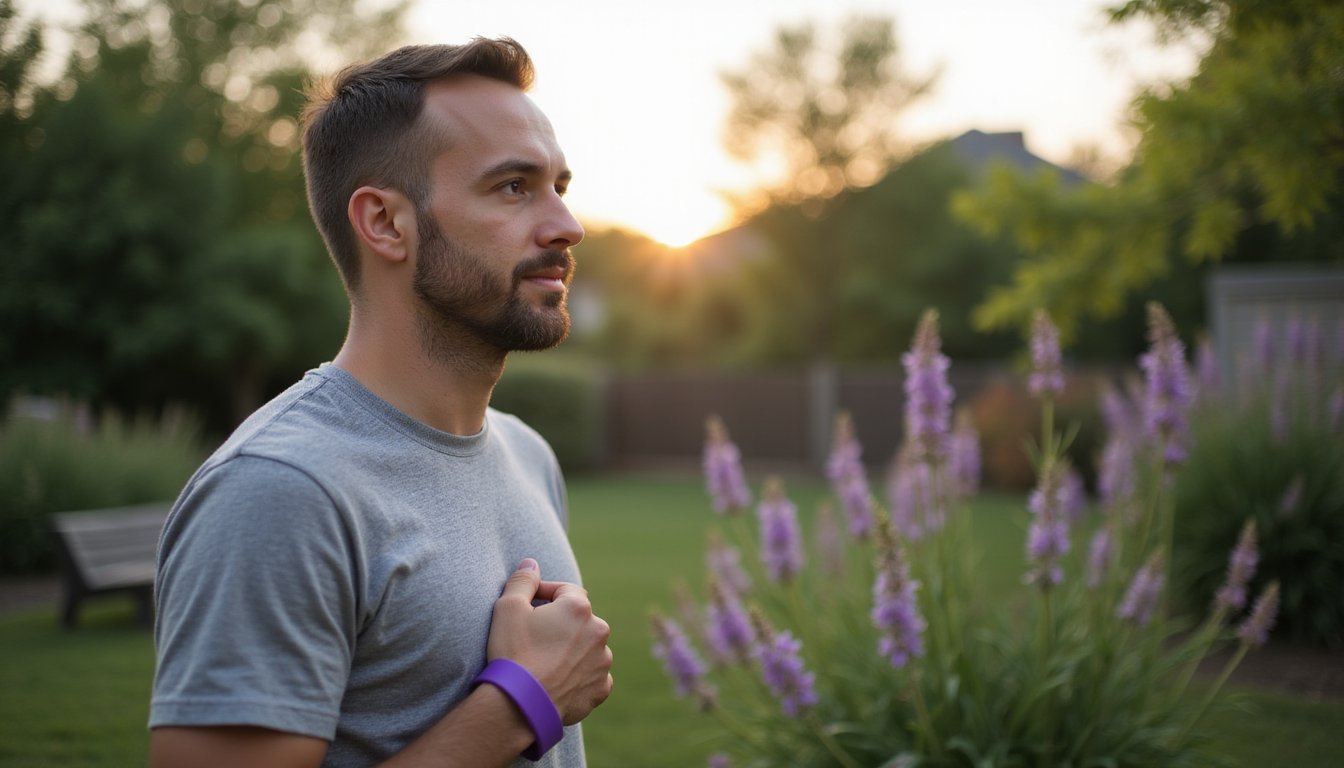Tips For Staying Sober During The Holidays
Amid the hustle and bustle of daily life, it is not uncommon for people facing certain challenges to feel isolated. If you are struggling with the unique challenges of sobriety, especially during times of celebration and festivity, it is important to remember that you are not alone.
In the United States, around 20 million adults are grappling with various forms and stages of addiction. Surprisingly, there are countless individuals in recovery facing remarkably similar challenges—turning down that tempting glass of wine, managing the pressures of the holiday season, and holding firm to their commitment to sobriety as old friends and family reunite for the winter break. Staying sober during the holidays is doable if you take the right steps. Embark on a journey of insightful advice as Immersive Recovery unfolds valuable tips to assist you in staying on course. Keep reading for valuable tips!
What Does Being Sober Mean?
To stay sober during the holidays, you first need to understand what sobriety means for you. Sobriety is about not using alcohol or drugs that mess up your life. Some people stay away from all substances that affect their minds. Others also drop bad friendships and avoid places where people drink a lot. You get to decide what staying sober looks like for you.
The most important part of being sober is deciding to stop doing things that hurt you and trying to make your health and relationships better. Staying sober needs you to be dedicated and ready to make good changes. If you keep at it over time, staying sober can become just a normal part of your life. Holidays might be tough, but you can do it. Stay strong, remember why you started this journey, and your sober self will be happy you did it.
Sobriety Statistics: The Facts on Addiction and Recovery
The holidays can be an especially difficult time for those in recovery. Shocking statistics show just how prevalent addiction remains in society:
- Over 20 million Americans are currently struggling with substance abuse disorders.
- Approximately 20% of US adults, or around 28 million people, have an alcohol use disorder, but only 7% get treatment.
- The Butler Center for Research at Hazelden Betty Ford Foundation found that almost 89% of individuals completing alcohol treatment stay sober.
- Relapse rates for addiction are between 40 and 60%, meaning staying sober is challenging even under normal circumstances.
- Studies show that addiction-related ER visits increase by up to 50% over the holidays.
During the holidays, there are more opportunities for relapse with extra time off work, high emotions, and social pressures. It’s important to stay vigilant with sobriety and consider seeking support through addiction therapy. Your recovery is a lifelong journey with ups and downs, so dust yourself off and get back to living one day at a time. Remember, addiction therapy can provide valuable tools and coping strategies to navigate these challenges. You’ve got this!
What are the Holidays that Can Challenge Sobriety?

Certain holidays can pose challenges to maintaining sobriety due to increased social gatherings, cultural norms, and potential triggers. Some holidays that individuals in recovery may find challenging include:
- New Year’s Eve: Often associated with celebratory toasts and parties centered around alcohol.
- St. Patrick’s Day: Widely celebrated with alcohol, particularly in association with Irish traditions.
- Fourth of July (Independence Day): Marked by outdoor events, barbecues, and fireworks, often accompanied by alcohol.
- Thanksgiving: Traditional family gatherings sometimes involve alcohol, and the stress of the holidays can be a trigger.
- Christmas: Similar to Thanksgiving, Christmas gatherings may include alcohol, and the holiday season can be emotionally challenging.
- Hanukkah and Kwanzaa: While not inherently centered around alcohol, social events during these celebrations may involve drinking.
- Halloween: Parties and social events often include alcohol, and the holiday is associated with a festive atmosphere.
It’s important to note that the impact of holidays on sobriety can vary from person to person. Developing coping strategies, having a support system, and planning can help navigate these challenging times.
10 Effective Tips for Staying Sober During the Holidays
The holidays can be a challenging time for anyone in recovery or maintaining their sobriety. Social pressures, family drama, and nostalgia for traditions can trigger cravings or the desire to relapse. But staying committed to your sobriety during this season is so important. Below are some suggestions to assist you in remaining focused:
1. Create Sober Traditions
Establish new holiday traditions that don’t involve alcohol or substances. Whether it’s a movie night, a game day, or volunteering, building positive associations can replace old triggers.
2. Avoid Triggers When Possible
Steer clear of people, places, or activities that encourage drinking or drug use. Make alternate plans to celebrate that don’t revolve around alcohol or partying. It’s okay to say no – your recovery should be the priority.
3. Have an Escape Plan
If a situation becomes triggering or uncomfortable, have a plan to leave right away. Let close ones know you may need to make an early exit. Feel free to leave any situation that jeopardizes your commitment to sobriety; there’s no obligation to stay.
4. Connect With Your Support Network
Reach out to those who support your recovery, such as close family, friends, or fellow members of your 12-step group. Let them know you need additional support and ask if they’re available to check in on you or talk if cravings strike.
5. Avoid Hunger, Anger, Loneliness, and Tiredness (HALT)
These factors can weaken our defenses and resolve. Get enough rest, eat healthy meals, engage in self-care, and try to minimize stress or emotional turmoil. Staying in a balanced state of mind and body will help you better cope with challenges.
6. Have Sober Treats on Hand
Stock up on candies, flavored seltzers, gourmet coffee, and tea, or other snacks you enjoy. Munching on something tasty can help curb cravings and give you an alternative reward.
7. Practice Mindfulness
Stay present in the moment and practice mindfulness techniques to manage stress and cravings. Deep breathing, meditation, or a brief walk can be effective in refocusing your mind.
8. Set Clear Boundaries
Establish firm limits for yourself during holiday events. Decide in advance how much you’re comfortable being around alcohol or in situations where substances might be present. Communicate these boundaries with close friends and family members, so they understand and can support your commitment.
9. Celebrate achievements
Take time to acknowledge and celebrate your milestones in sobriety during the holiday season. Reflect on how far you’ve come and the positive changes you’ve made. Treat yourself to a small reward or engage in an activity that brings you joy, reinforcing the importance of your commitment to staying sober. Recognizing your achievements can boost your confidence and motivation to continue on your path of recovery.
10. Seek professional help if needed
If the holiday season becomes overwhelming, consider seeking professional support. Therapists, counselors, or addiction specialists near you can provide guidance and assistance tailored to your specific needs.
Remember, staying sober during the holidays is a personal journey, and finding strategies that work for you is essential. Prioritize self-care, stay connected with your support network, and celebrate the resilience that comes with maintaining your sobriety.
What to Do in Case of a Holiday Relapse
A relapse is part of recovery, so try not to beat yourself up over it. The most important thing is that you get back to your sobriety plan right away. Here are some steps to take if you slip up during the holidays:
Tell someone you trust
Confide in a supportive friend, family member, or sponsor. Inform them about experiencing a relapse and request their support in keeping tabs on your well-being. Accountability to others can help strengthen your resolve.
Review your triggers
Think about what led up to your relapse. Were you feeling stressed, lonely, or bored? Did you give in to peer pressure at a party? Identifying triggers can help you avoid or better cope with them in the future.
Get back to your routine
Return to the daily habits that keep you balanced, like exercising, journaling, meditation, or attending support groups. Don’t isolate yourself. Connecting to your recovery community gives you motivation and accountability.
Avoid shame and guilt
Be kind to yourself. Everyone struggles, so try not to judge yourself harshly for slipping up. Feelings of shame and guilt often make people continue unhealthy behaviors. Forgive yourself and focus on the present and future, not the past.
Make a new plan)
Review what’s been working in your sobriety plan and modify anything that isn’t. Set small, achievable goals and rewards to stay motivated. Planning helps give you direction and a sense of control over your recovery. Remember, relapsing doesn’t mean you’ve failed; it just means you are still learning. Staying committed to your sobriety even after a slip-up shows how far you’ve come. You can get through this difficult time by relying on your support network, coping strategies, and resolve for a healthier future. Keep your head up!
Receive The Help and Support Needed at Immersive Recovery
At Immersive Recovery, we understand the challenges that come with the journey to sobriety. If you or someone you know is seeking help and support, our dedicated team is here for you. Our comprehensive approach emphasizes personalized care, creating an immersive experience tailored to individual needs. Take the courageous step toward a healthier, substance-free life. Connect with us and take the essential step of verifying your insurance. Let Immersive Recovery be your steadfast companion on the journey to enduring wellness and sobriety.





